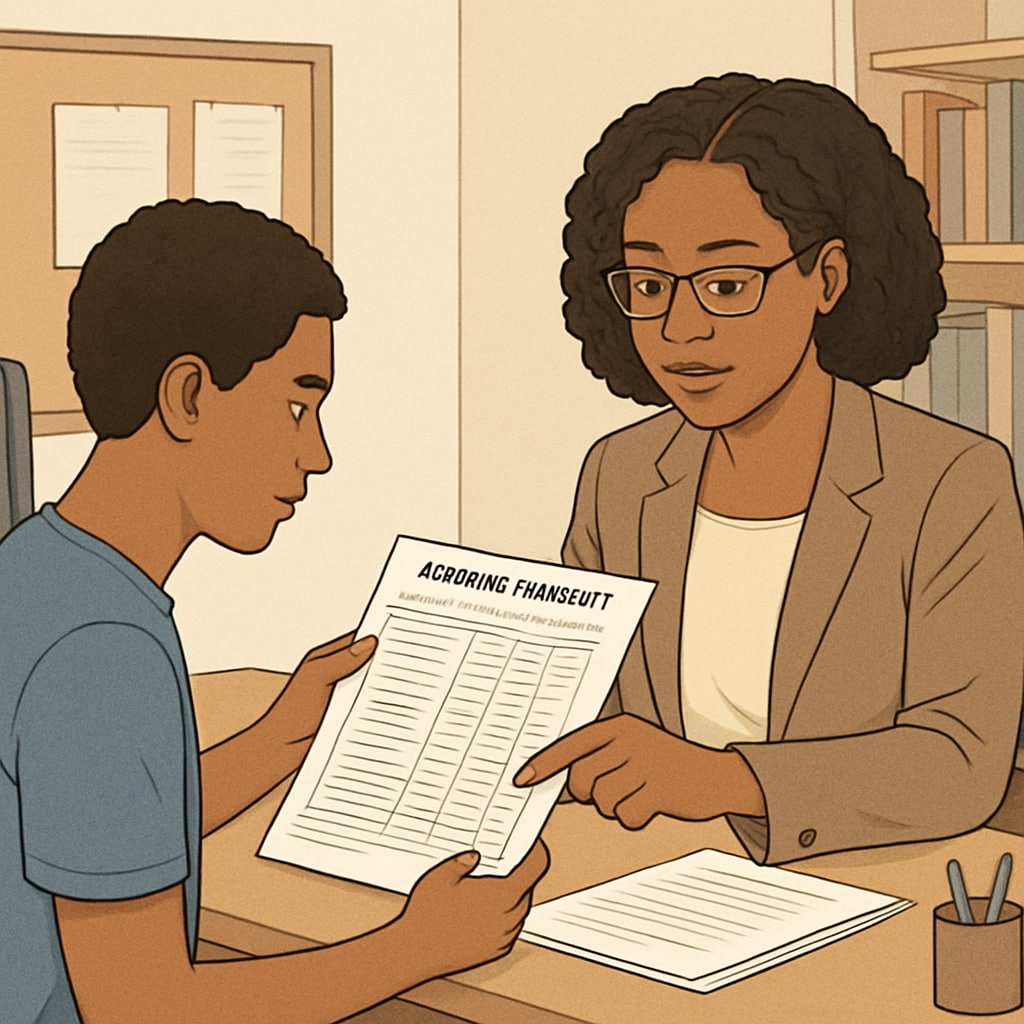High school credit deficiency can be a daunting hurdle, particularly for students with ADHD who may struggle with focus and time management. However, with the right strategies and mindset, it is entirely possible to catch up on credits within two years and graduate on schedule. In this article, we’ll explore practical solutions to address credit deficiencies, improve academic performance, and ensure a fulfilling high school experience.
Identifying the Causes of Credit Deficiency
Before tackling credit recovery, it’s essential to understand the underlying reasons for the deficiency. Common causes include poor attendance, missed assignments, challenges with learning disabilities such as ADHD, or struggles adapting to high school expectations. Identifying these factors can help in tailoring an effective recovery plan.
Students with ADHD often face unique challenges, including difficulty staying organized or managing time effectively. Therefore, addressing these specific obstacles is critical for creating an actionable and realistic path to graduation.

Steps to Recover High School Credits: Customized for ADHD Students
Once the causes are identified, it’s time to map out a recovery plan. Here are actionable steps:
- Consult Your School Counselor: Schedule a meeting with your counselor to review your transcript and identify the number of credits needed. They can also recommend credit recovery programs offered by your school.
- Enroll in Credit Recovery Programs: Many high schools provide options such as summer classes, online courses, or independent study programs. These are excellent ways to earn missing credits.
- Prioritize Core Classes: Focus first on mandatory subjects like math, English, science, and history to ensure you meet graduation requirements.
- Create a Structured Schedule: ADHD students benefit from clear routines. Use planners or apps to schedule study times, assignments, and deadlines.
- Seek Support: Leverage tutoring or ADHD coaching to help manage focus and stay on track academically.
In addition to these steps, parents and guardians play a crucial role by providing encouragement and ensuring students maintain a balanced lifestyle, including adequate sleep and stress management.

Maintaining Engagement and Motivation
Recovering credits can be overwhelming, but staying motivated is essential for success. Here are some tips to maintain engagement:
- Set Small, Achievable Goals: Break down credit recovery into manageable steps, such as completing one course at a time or submitting assignments weekly.
- Celebrate Successes: Reward yourself for milestones, such as passing a class or completing a project.
- Build a Support Network: Surround yourself with friends, family, and mentors who encourage and support your journey.
- Find ADHD-Friendly Study Techniques: Use strategies like the Pomodoro Technique (short bursts of focused work) or visual aids to stay concentrated.
Additionally, finding ways to connect credit recovery with personal interests—such as choosing electives that align with hobbies—can make the process more enjoyable.
Key Resources for Credit Recovery
Several resources can assist students in recovering credits effectively:
- Online Learning Platforms: Programs like Khan Academy and Edgenuity offer tailored courses for high school students.
- Summer School Programs: These provide intensive classes to cover missed content in a short time.
- Community College Dual Enrollment: Some schools allow students to earn high school credits by enrolling in college-level classes.
By leveraging these resources, students can maximize their chances of catching up and graduating on time.
Final Thoughts: A Path to Success
Facing high school credit deficiency is undoubtedly challenging, but it also provides an opportunity to develop resilience and better time management skills. With a structured plan, tailored strategies for ADHD students, and support from educators and family, it’s possible to overcome this obstacle and achieve academic success.
Remember, the journey to graduation is unique for every student. By focusing on consistent progress and celebrating achievements along the way, you’ll not only recover credits but also gain valuable life skills.
Readability guidance: Use short paragraphs and lists to summarize key points. Ensure ADHD-friendly study strategies are highlighted for practical implementation.


